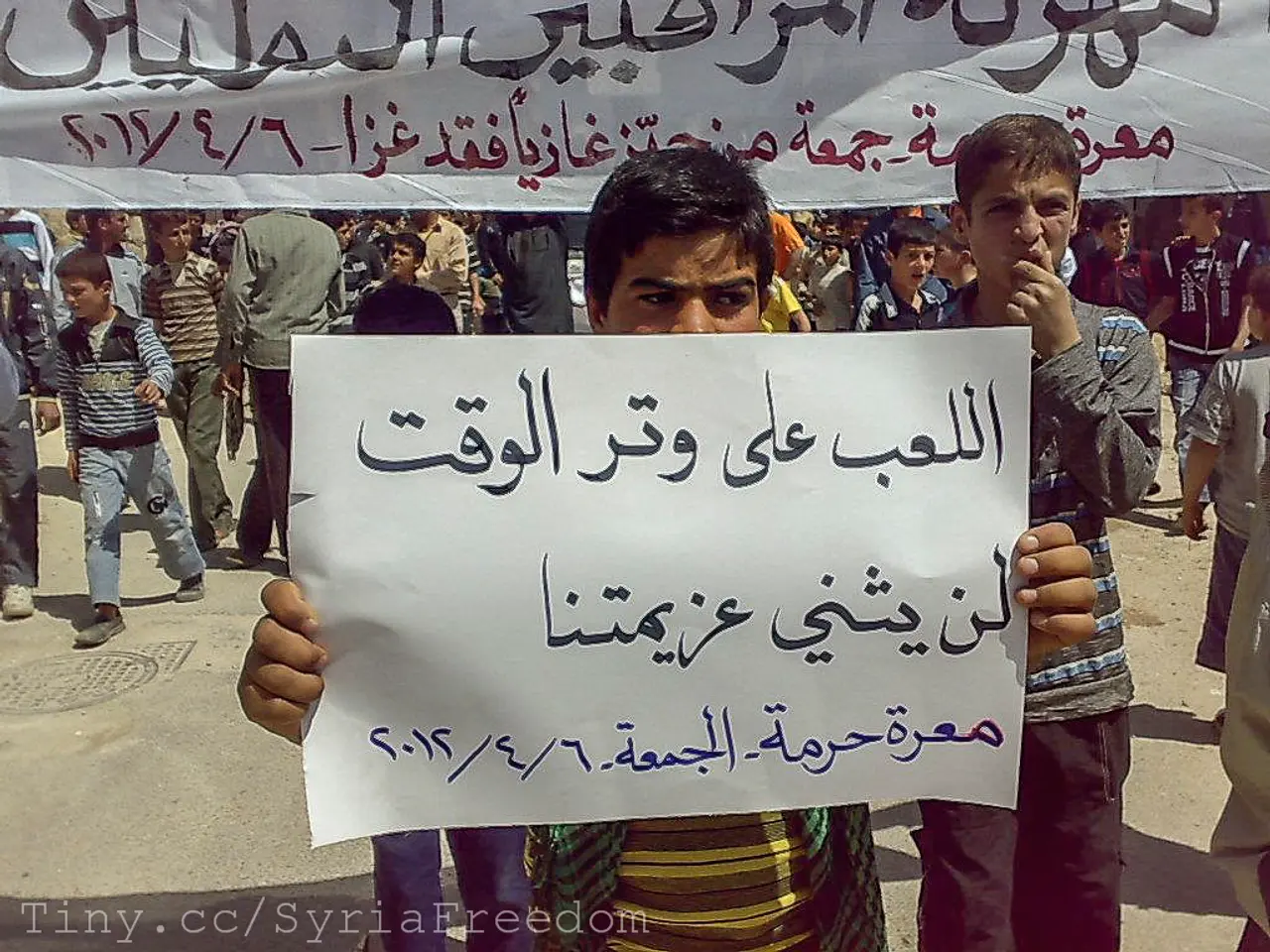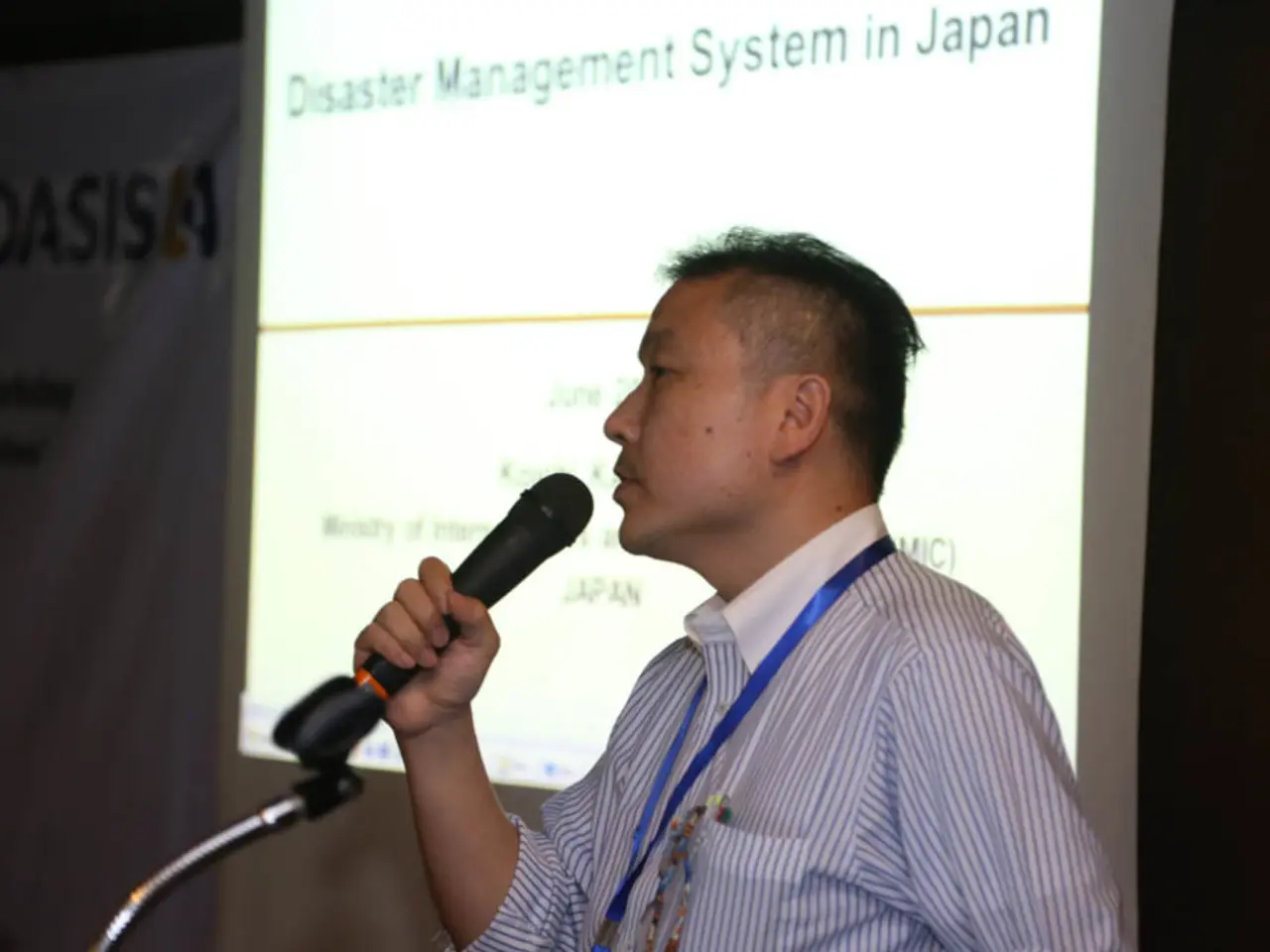Funding for India's secession to establish a larger Bangladesh potentially led by Muhammad Yunus' daughter, while questions arise about Turkey's involvement with Saltanat-e-Bangla.
In a recent event at the Teacher-Student Centre of Dhaka University in Shahbagh, the separatist group Saltanat-e-Bangla unveiled a map of a proposed 'Greater Bangladesh' that includes parts of India and Myanmar's Arakan region. The map was displayed at Dhaka University, causing a stir and raising concerns among Indian authorities.
Saltanat-e-Bangla, an alleged Islamic separatist group based in Dhaka, has been identified by intelligence agencies and government sources as a group with connections to a Turkish NGO called the Turkish Youth Federation. The group is reported to have a temporary headquarters at a once prestigious institution in Bangladesh.
The Indian authorities are concerned about the proximity of Saltanat-e-Bangla to the interim government in Bangladesh, headed by Muhammad Yunus. The group is said to be trying to revive radical ideologies and mobilize the youth in Bangladesh, with the Turkish Youth Federation alleged to be backing them.
Saltanat-e-Bangla is considered the temporary headquarters of a separatist group and derives its name from the Bengal Sultanate, an independent Muslim ruled kingdom that existed between 1352 and 1538 CE. The group has been evoking the legacy of the medieval Bengal Sultanate in its activities.
Another NGO, CSS-Bangladesh, based out of Beliaghata Upazila, has been identified as the logistics and recruitment hub for Barawah-e-Bangal, a sub-group of Saltanat-e-Bangla that recruits and indoctrinates the youth of Bangladesh. However, there is no substantiated public information connecting Deena Afroz Yunus, daughter of Muhammad Yunus, to this group or its activities.
Dr. S. Jaishankar, the External Affairs Minister of India, has taken note of Saltanat-e-Bangla. The anti-India outfit has sparked fears of potential unrest and territorial disputes, particularly in the states of West Bengal, Jharkhand, Tripura, Assam, Bihar, Odisha, and other northeastern states.
As the situation develops, it is crucial to monitor the activities of Saltanat-e-Bangla and its affiliates to ensure peace and stability in the region. The Indian authorities will likely continue to keep a close eye on the group and engage with the Bangladeshi government to address any potential threats.
- The proposed 'Greater Bangladesh' map, which includes parts of India, has raised concerns not only among Indian authorities, but also in the realm of cricket, as the bilateral matches between India and Bangladesh may be affected by the political tensions.
- While Bollywood has traditionally enjoyed a strong fanbase in Bangladesh, the rising influence of Saltanat-e-Bangla and its affiliates in the South Asian country could potentially disrupt cultural exchange programs, including the film industry.
- The increasing presence of Saltanat-e-Bangla and its sub-groups, like Barawah-e-Bangal, in the regions of West Bengal, Jharkhand, Tripura, Assam, and other northeastern states, has sparked debates in the general news and crime-and-justice sectors, with concerns about increased crime rates and unrest in these areas.





